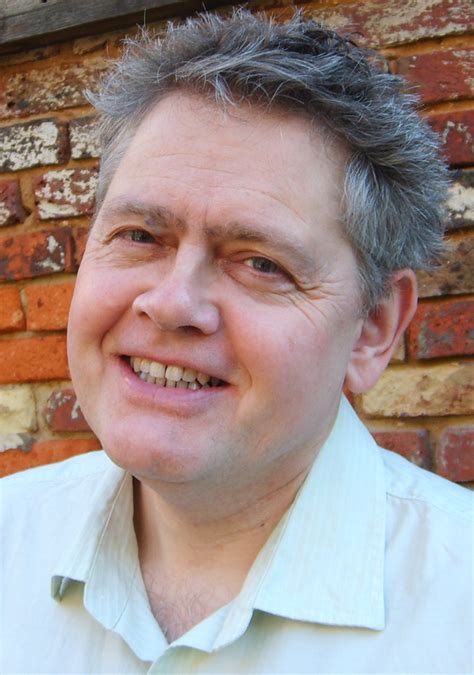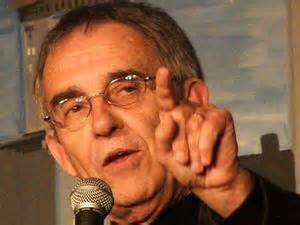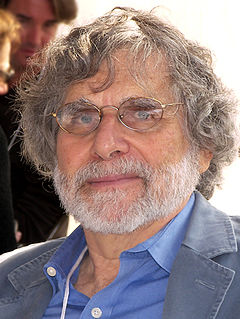A Quote by Michael Chabon
Rueful, bittersweet, funny, written with tenderness and bite, Merrill Feitell's stories, like so many classic short stories, are made from the plain and painful stuff of this world, and haunted by the possibility, and the impossibility, of a better one.
Related Quotes
Yes, we could talk to you for days on end about all the bad first dates. Those are stories. Funny stories. Awkward stories. Stories we love to share, because by sharing them, we get something out of the hour or two we wasted on the wrong person. But that's all bad first dates are: short stories. Good first dates are more than short stories. They are first chapters. On a good first date, everything is springtime. And when a good first date becomes a relationship, the springtime lingers. Even after it's over, there can be springtime.
I'm one of those writers who started off writing novels and came to writing short stories later, partly because I didn't have the right ideas, partly because I think that short stories are more difficult. I think learning to write short stories also made me attracted toward a paring down of the novel form.
Sad to think that we won't have any new stories from John Updike, one of the last century's masters. But so many here in the two volumes of his collected stories, 186 by my count, stories to read, reread, savor over the course of a cold season. Updike's genius in the short form spills out of these many, many pages.
I was a lot dumber when I was writing the novel. I felt like worse of a writer because I wrote many of the short stories in one sitting or over maybe three days, and they didn't change that much. There weren't many, many drafts. That made me feel semi-brilliant and part of a magical process. Writing the novel wasn't like that. I would come home every day from my office and say, "Well, I still really like the story, I just wish it was better written." At that point, I didn't realize I was writing a first draft. And the first draft was the hardest part.







































